Afghan Retriever vs. Peagle: Breed Differences and Similarities
Hypoallergenic
Are Afghan Retrievers or Peagles hypoallergenic, or neither?
Unfortunately, neither Afghan Retriever nor Peagle are hypoallergenic, which may not make them the best choice for dog lovers who suffer from pet allergies.
Temperament
What are the personalities of Afghan Retriever and Peagle dogs?
Aloof
Dignified
Independent
Clownish
Happy
Intelligent
Confident
Friendly
Reliable
Kind
Trustworthy
Loving
Stubborn
Independent
Intelligent
Friendly
Affectionate
Lively
Gentle
Sweet
Aggressive
Good-natured
Opinionated
Shedding Level
Do Afghan Retrievers shed more than Peagles, or which breed sheds more, Afghan Retrievers or Peagles?
Afghan Retriever or Peagle dogs are not heavy shedders, but they will lose a significant amount of hair each year. To decrease the amount of shedding, you can regularly brush your Afghan Retriever or Peagle. This will remove loose hair and keep their coat growing in the same direction.
Watchdog Ability
Which dog breed makes a better watchdog, the Afghan Retriever or Peagle?
Afghan Retrievers are decent watchdogs - they'll alert their owner if something seems amiss.
Peagles make excellent watchdogs - they're vocal and protective of their territory.
Origin
What is the origin of Afghan Retriever and Peagle dog breeds?
United States
United States
Ancestry
What are the origins of Afghan Retriever and Peagle breeds?
Afghan Hound and Golden Retriever
Beagle, Pekingese
Breed recognition
Which kennel clubs recognize/register Afghan Retriever and Peagle?
DBR = Designer Breed Registry
DRA = Dog Registry of America, Inc.
ACHC = American Canine Hybrid Club
DBR = Designer Breed Registry
DDKC = Designer Dogs Kennel Club
DRA = Dog Registry of America, Inc.
IDCR = International Designer Canine Registry®
Date of Birth
When were Afghan Retriever and Peagle breeds first developed?
Unknown
Eye Color Possibilites
What are the eye colors of Afghan Retriever and Peagle dogs?
Brown
Hazel
Brown
Nose Color Possibilites
What are the natural nose colors of Afghan Retriever and Peagle?
Black
Black
Coat Color Possibilites
What are the natural colors of the coat for Afghan Retriever and Peagle breeds?
Black
Brown
Red
Cream
Fawn
White
Cream
Coat Length
What is the typical coat length for Afghan Retriever and Peagle breeds?
Afghan Retrievers have longer coats compared to most dogs.
Peagles have medium-length coats.
Coat Density
What is the density of the coat of Afghan Retriever and Peagle?
Coat Texture
What is the hair texture of Afghan Retriever and Peagle?
Straight
Litter Size
What is the usual litter size for Afghan Retriever and Peagle?
An Afghan Retriever can have a litter of 5-10 puppies on average. However, it's worth noting that the size of the litters can vary greatly. Factors that can influence litter size include the health of the mother, breeding history, and genetics.
A Peagle can have a litter of 2-14 puppies on average. However, it's worth noting that the size of the litters can vary greatly. Factors that can influence litter size include the health of the mother, breeding history, and genetics.
Adaptability
Afghan Retriever and Peagles are known for their adaptability and versatility. They are capable of adapting well to a wide range of lifestyle changes and living environments, making them great companions for families and individuals of all lifestyles.
Health Issues
Between Afghan Retriever and Peagle, which breed is more prone to health problems?
The Afghan Retriever and Peagle breeds are commonly healthy with low vet costs, regular check-ups may not be as necessary but it's important to keep an eye on their health and have them checked by a veterinarian when needed.
Major Concerns
What are the major health concerns for Afghan Retriever and Peagle breeds?
Entropion
Elbow Dysplasia
Retinal Dysplasia
Hip Dysplasia
Patellar Luxation
Hip Dysplasia
Epilepsy
Hydrocephalus
Heart Conditions
Skin Fold Dermatitis
Hypothyroidism
Brachycephalic Syndrome
Cleft Palate
Beagle Dwarfism
Cryptorchidism
Invertebral Disc Disease
Minor Concerns
What minor health issues should be kept in mind when owning Afghan Retriever and Peagle?
Cataracts
Bloat
Histiocytosis
Eye Conditions
Occasional Tests
What occasional tests are recommended for Afghan Retriever and Peagle breeds?
Eye Examination
Blood Analysis
Complete Physical Examination
Allergy Testing
Hip and Elbow X-rays
Full Body Physical Examination
Energy
How do the energy levels of Afghan Retrievers and Peagles compare?
For those who lead a balanced lifestyle, Afghan Retriever and Peagle breeds may be a good choice as they have an average energy level.
Social Needs
Afghan Retriever vs Peagle social needs comparison
Afghan Retriever and Peagle have above average social needs compared to other breeds. They thrive in environments where they have a lot of interaction with humans and other dogs.
Exercise Needed
Afghan Retriever vs Peagle exercise need comparison.
Afghan Retrievers need high physical activity and are ideal for active individuals, but not suitable for sedentary lifestyles or small apartments.
Peagles need moderate physical activity and are great for families and active individuals.
Sleeping Need
Which of the two sleeps the most/least: Afghan Retriever or Peagle?
Afghan Retrievers are active and require sufficient sleep to stay healthy.
Peagles have moderate energy levels and typical sleep patterns of 12-14 hours per day.
Tendency to Bark
Do Afghan Retrievers or Peagles bark more/less frequently?
Afghan Retriever dogs are generally less vocal than other breeds and only bark when necessary, such as to alert their owner or communicate.
Peagles bark moderately when necessary and may also bark due to certain triggers like fear, alarm, boredom, greeting, separation anxiety and compulsive barking.
Mouthiness
Mouthiness Comparison: Afghan Retriever vs Peagle?
Roaming urge
Afghan Retriever vs Labrador: Running away tendency?
Prey Drive
Afghan Retriever or Peagle - which breed has a higher level of prey drive?
Activity Level
Which breed has higher energy, Afghan Retrievers or Peagles?
Both Afghan Retriever and Peagle are medium-energy dogs that enjoy socializing and playing with other dogs. They may engage in casual or sustained games of chase, and occasionally have bursts of barking or racing around the house.
Tolerance of being left alone
Walks per Week
How many miles should Afghan Retriever or Peagle walk each week?
There's really no limit to how far you walk your dog as long as they're comfortable. For Afghan Retriever, it's at least 12 miles / week. Just remember to build distance and stamina gradually over time.
There's really no limit to how far you walk your dog as long as they're comfortable. For Peagle, it's at least 5 miles / week. Just remember to build distance and stamina gradually over time.
Activity per Day
Do Afghan Retrievers or Peagles require more exercise?
Both Afghan Retriever and Peagle typically require a minimum of 60 minutes of exercise each day. The exercise can be spread throughout the day and may involve high-energy activities like walking, running, and playing.
Grooming
Which breed is easier to maintain in terms of grooming, Afghan Retrievers or Peagles?
Afghan Retrievers require significant grooming, including regular trims and professional grooming assistance to maintain their coat. They may also require frequent bathing to keep their coat and skin healthy.
The Peagle requires an average amount of grooming compared to other breeds.
Brushing Frequency
What is the recommended brushing frequency for Afghan Retriever and Peagle dogs?
Afghan Retriever should be brushed at least once a week. Of course you can give them more frequent brushes if you find that they are still shedding a lot
Ideally, Peagle should be brushed at least 2 or 3 times a week (preferably daily) improve shedding.
Brushing Tools
What brushing tools are used for Afghan Retrievers and Peagles?
Pin Brush
Comb
Deshedder
Nail Clipper
Pin Brush
Nail Clipper
Cups
How much food should be given to Afghan Retriever or Peagle in cups?
For an average 55-70 pound (25 - 32 kg) Afghan Retriever feed 3 cups daily. But, keep in mind, the amount you feed is going to be dependent on the quality of the food you are feeding.
For an average 15-18 pound (7 - 8 kg) Peagle feed 1 cups daily. But, keep in mind, the amount you feed is going to be dependent on the quality of the food you are feeding.
Daily Cost
Which breed has a higher daily cost, Afghan Retriever or Peagle?
The average cost of an Afghan Retriever is somewhere $2.10 - $2.70 per day.
The average cost of a Peagle is somewhere $1.30 - $1.40 per day.
Monthly Cost
Which breed has a higher monthly cost, Afghan Retriever or Peagle?
The average per month expenses of an Afghan Retriever is between $55 - $73. This makes an average of $660 - $876 per year. It will be on the higher side when the dog is still small because it will need more frequent visits to the vet, shots.
The average per month expenses of a Peagle is between $35 - $42. This makes an average of $420 - $504 per year. It will be on the higher side when the dog is still small because it will need more frequent visits to the vet, shots.
Intelligence
Comparing Intelligence: Afghan Retrievers vs Peagles
Afghan Retriever and Peagle have average obedience intelligence, but they're also independent thinkers. This breed is known for having an exceptionally high IQ, which means they may get into trouble if left to their own devices.
Sensitivity Level
How do Afghan Retriever and Peagle compare in sensitivity?
This breed is sensitive and requires gentle handling and a calm home environment.
Peagles have average emotions and adapt well to different situations.
Affection Dependance
Which is the more affectionate dog breed: Afghan Retriever vs Peagle?
Apartment Friendly
Which breed is more apartment-friendly: Afghan Retriever or Peagle?
Afghan Retriever and Peagle are apartment-friendly dog breeds. They can do perfectly well in apartments providing they are sufficiently exercised and taken out and about as part of their owner's daily lifestyle.
Child Friendly
Do Afghan Retrievers or Peagles have a friendlier temperament towards children?
Afghan Retrievers make excellent family pets for kids due to their gentle, protective nature and calm temperament.
Peagles have an average level of friendliness towards children.
Senior-friendly
Which dog is more suitable as a pet for the elderly - Afghan Retriever or Peagle?
Cat Friendly
Do Afghan Retriever or Peagle breeds have a better compatibility with cats?
Afghan Retrievers are average in their friendliness toward cats and tend to do well with them, especially if raised together.
Peagles are good with cats, but early training is needed to prevent chasing behavior.
Dog Friendly
Which breed is more sociable with other dogs: Afghan Retriever or Peagle?
Afghan Retrievers and Peagles are friendly, active and loyal companions. They generally love to be around other dogs, making them a good family pet for some.
Pet friendly
How do Afghan Retriever or Peagle dogs interact with other pets?
Stranger Friendly
Which breed is more friendly with strangers: Afghan Retriever or Peagle?
Afghan Retriever and Peagle are friendly dogs and typically won't bark at strangers. However, if you wish to change this behavior, training them is easy thanks to their intelligence, making it pretty simple to teach them anything.
Playfulness
Which breed is more playful between Afghan Retriever and Peagle?
Afghan Retrievers are a playful breed that needs daily playtime to be happy.
Peagles have an average level of playfulness, enjoying playtime like most dogs but not excessively so.
Trainability
How do the trainability levels of Afghan Retrievers and Peagles compare?
Afghan Retriever and Peagle dogs are known for their ease of training and ability to learn quickly, making them a popular choice for pet owners and trainers alike.
Compare Afghan Retriever with other breeds
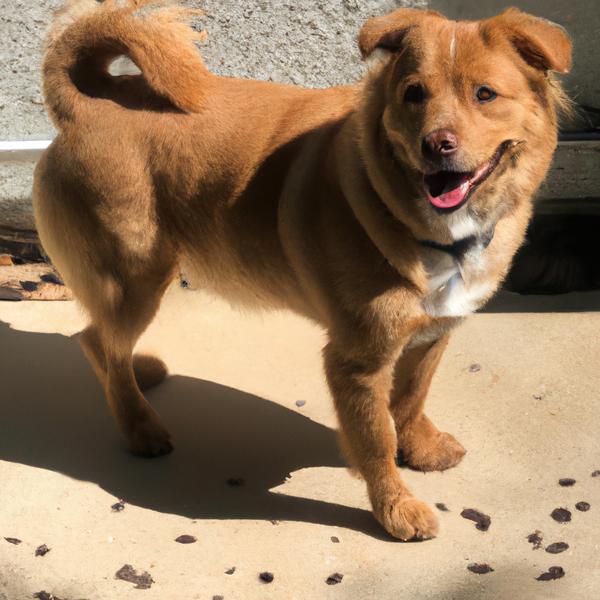
Black Mouth Pom Cur
Afghan Retriever vs Black Mouth Pom Cur
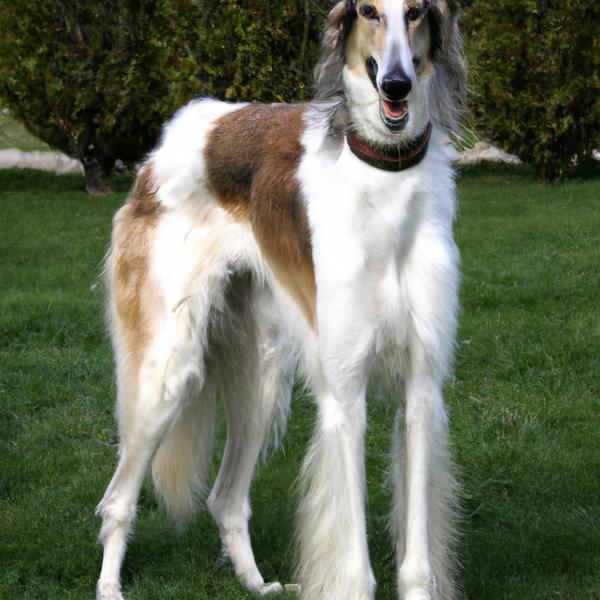
Borzoi
Afghan Retriever vs Borzoi
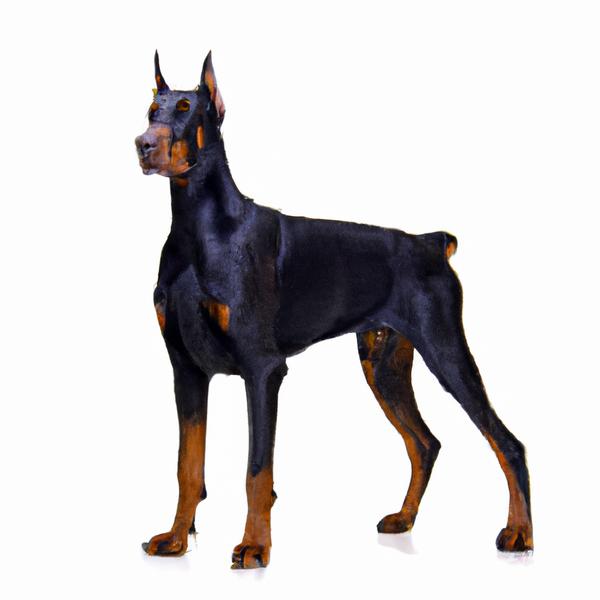
Doberdane
Afghan Retriever vs Doberdane
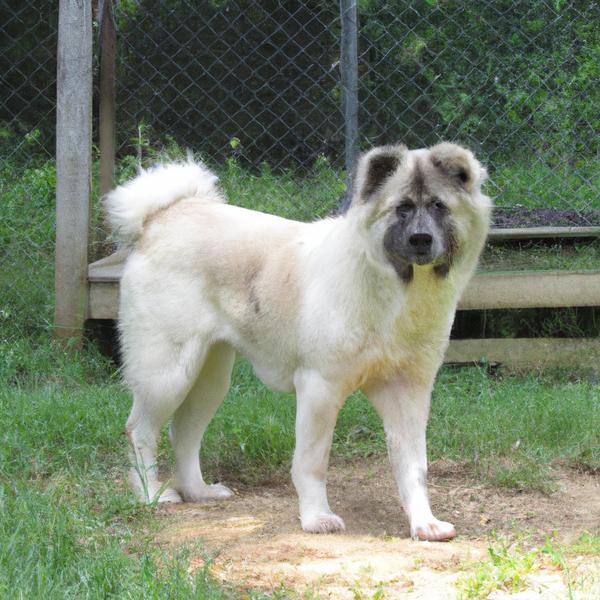
Chion
Afghan Retriever vs Chion
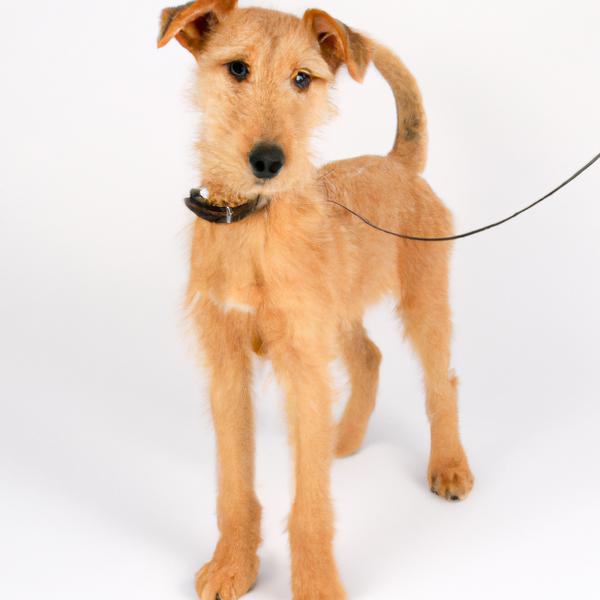
Wire Foxton
Afghan Retriever vs Wire Foxton
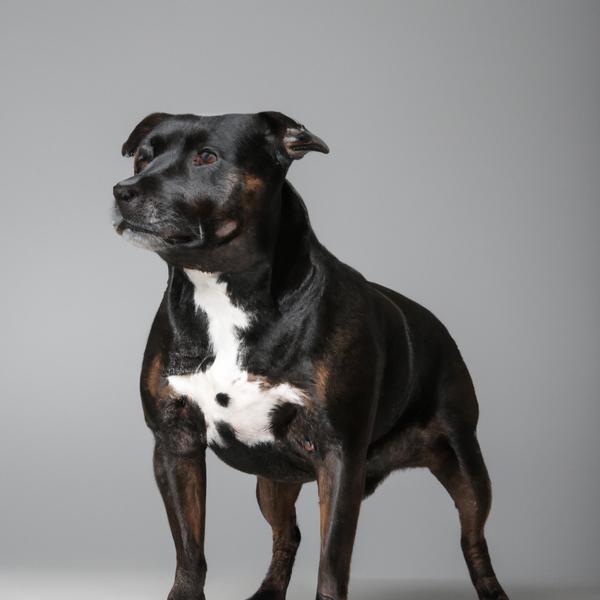
Staffordshire Bull Terrier
Afghan Retriever vs Staffordshire Bull Terrier
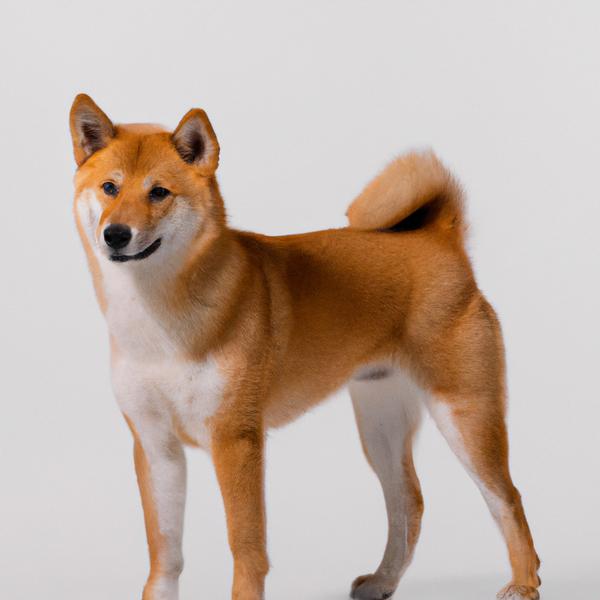
Shibadox
Afghan Retriever vs Shibadox

Pembroke Cocker Corgi
Afghan Retriever vs Pembroke Cocker Corgi
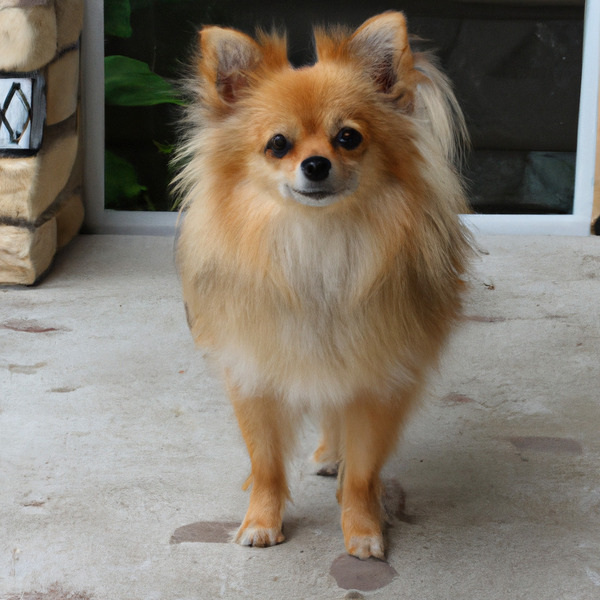
Pomchi
Afghan Retriever vs Pomchi
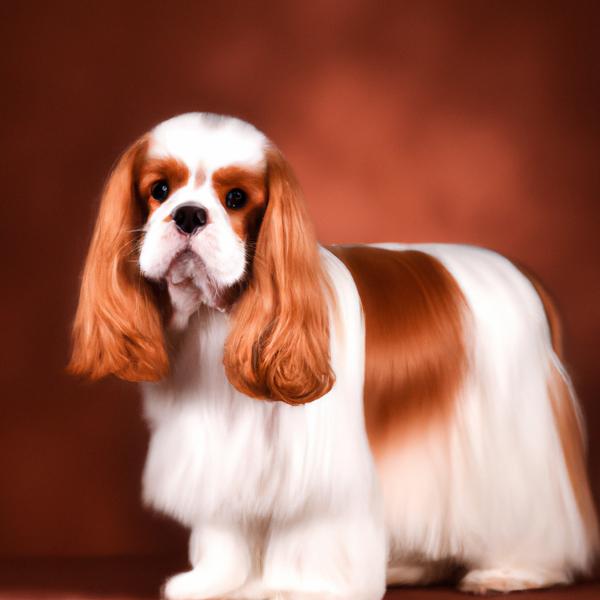
Cav-A-Malt
Afghan Retriever vs Cav-A-Malt
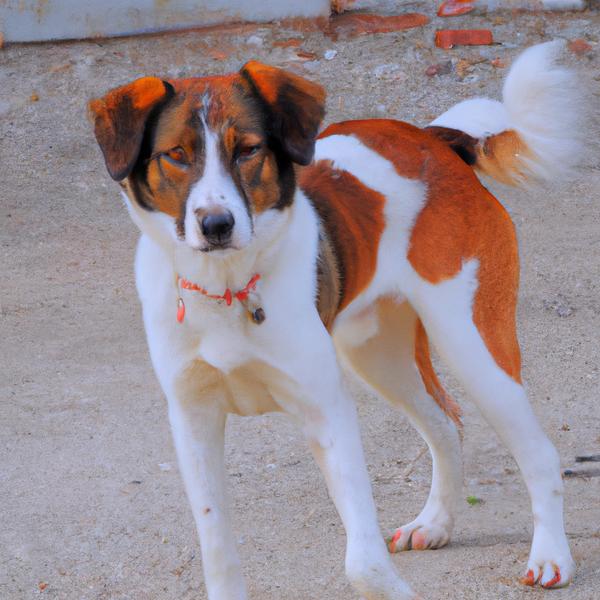
Cotralian
Afghan Retriever vs Cotralian
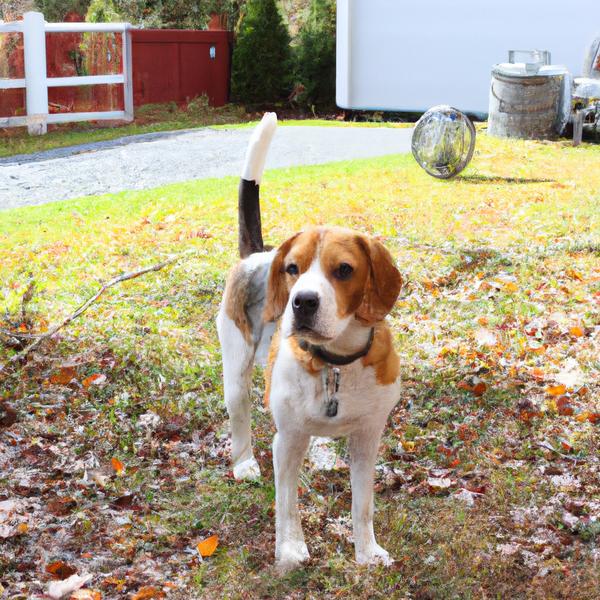
Peagle
Afghan Retriever vs Peagle
